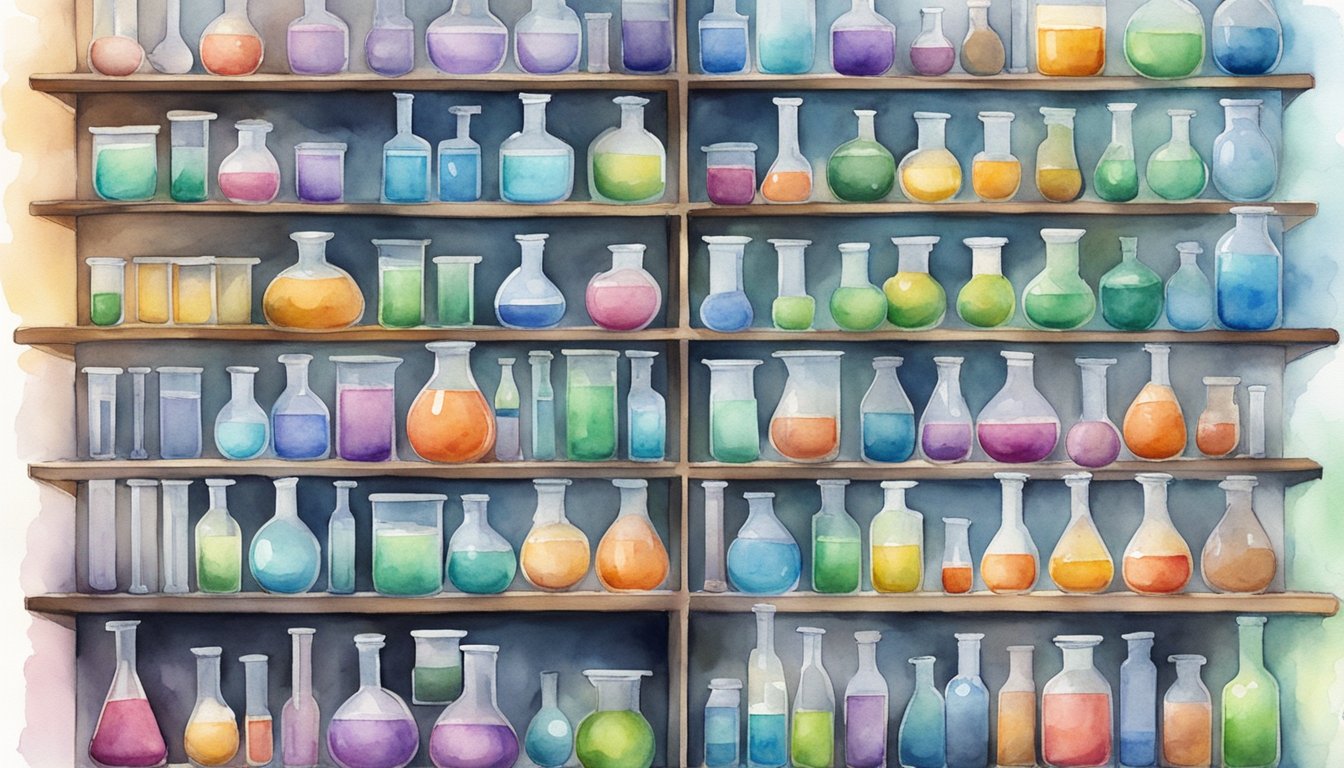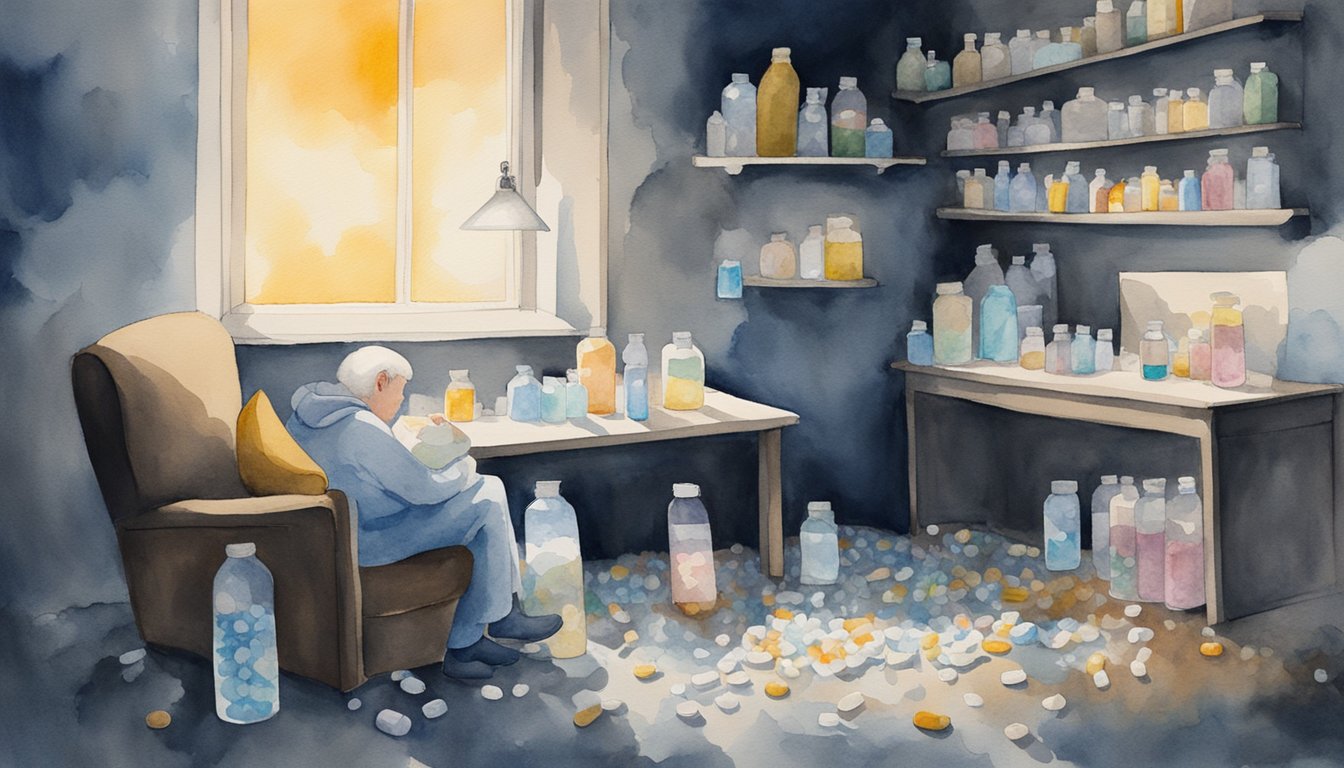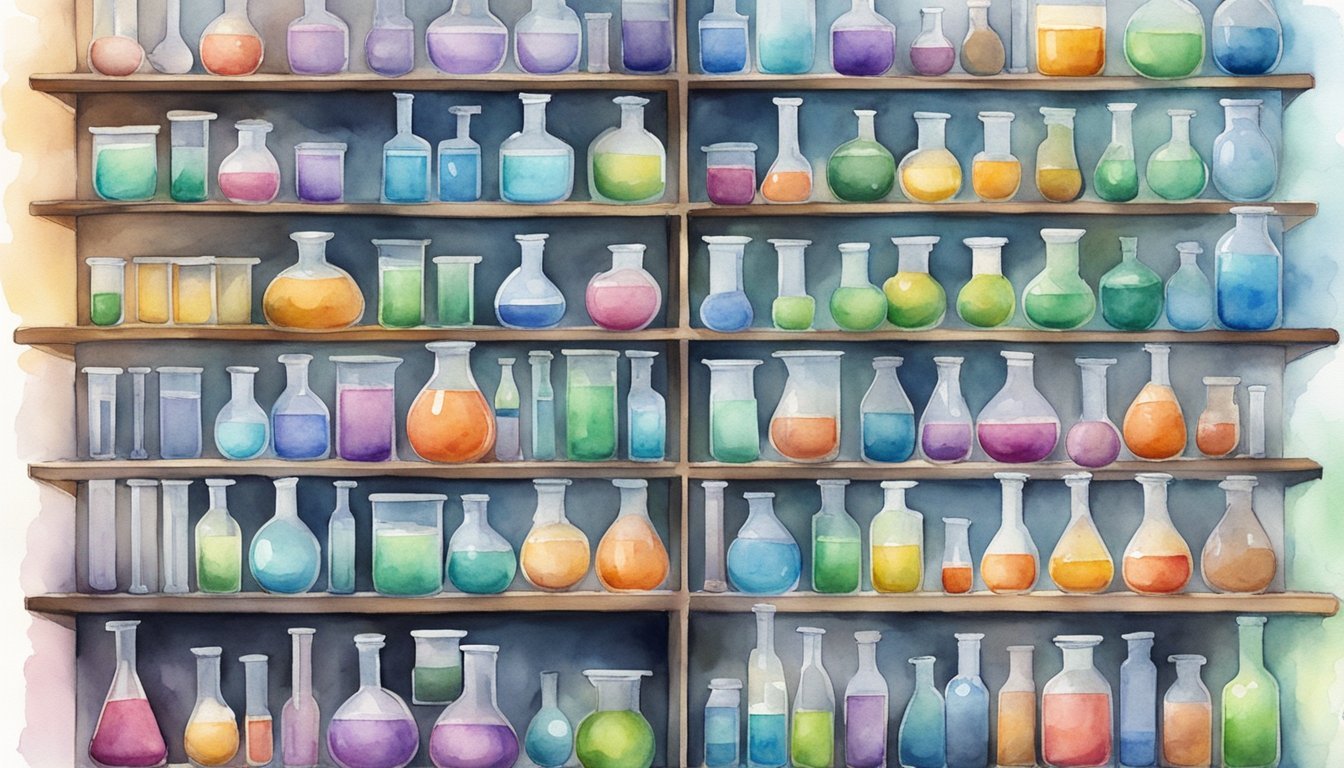Understanding Depression
Depression is a complex mental health condition that impacts mood regulation and encompasses a wide range of symptoms such as persistent sadness, irritability, feelings of worthlessness, and physical manifestations like fatigue. This section delves into the depths of what defines depression, its possible causes, the demographics it affects, its physiology, how it intersects with other conditions, and cultural perceptions.
Defining Depression
Depression, also known as major depression or clinical depression, is a mental health condition characterized by a prolonged period of low mood and diminished interest or pleasure in most activities. Symptoms range from intense feelings of sadness and guilt to physical issues such as significant changes in appetite and sleep patterns.
Root Causes of Depression
The cause of depression is often multifaceted, with research suggesting a combination of brain chemistry, genetics, and environmental factors all playing a role. Stressful life events, from personal relationships to job-related stress, can contribute to the development of depression.
Age and Demographics
Depression can affect people of all ages, though the risk can increase during periods of significant change or stress such as adolescence or midlife. It is more commonly diagnosed in females, and variations in prevalence have been observed across different races and cultures, indicating both biological and social influences.
Physiology of Depression
Experts believe depression can stem from imbalances in neurotransmitters like serotonin, dopamine, and norepinephrine, which regulate mood. Further, specific brain areas like the hippocampus, amygdala, and frontal lobe, which are responsible for emotional processing, can also be affected in those suffering from depression.
Depression and Other Conditions
Depression often coexists with other mental health conditions, such as anxiety, bipolar disorder, schizophrenia, and Parkinson’s disease. Comorbidity can complicate diagnosis and treatment, making it essential for medical professionals to consider the whole spectrum of a patient’s mental health.
Stigma and Perception
Despite increased awareness, stigma surrounding depression remains, with myths and misunderstandings affecting how it is perceived and treated. Stigma can deter individuals from seeking help, underlining the importance of educating the public to combat misconceptions and encourage those affected to approach mental health professionals.
Chemical Imbalance Theory

The chemical imbalance theory has been central to discussions on depression, particularly concerning how neurotransmitter levels in the brain might relate to mood disorders. Let’s dive into the history and explore evidence and controversies surrounding this complex topic.
Historical Perspective
In its infancy, the chemical imbalance theory was largely influenced by how early antidepressants affected brain chemicals. Scientists noted that drugs like tricyclic antidepressants (TCAs) altered neurotransmitter levels, leading to the serotonin hypothesis – the idea that lack of serotonin contributes to depression. Joanna Moncrieff at University College London has been a prominent voice in this area, offering critical insights into the theory’s evolution.
The Role of Neurotransmitters
Neurotransmitters such as serotonin, dopamine, and norepinephrine play essential roles in regulating mood. In the context of depression, reduced serotonin activity or changes in serotonin receptors have been heavily linked to symptoms, which led to the development of Selective Serotonin Reuptake Inhibitors (SSRIs), aiming to increase serotonin levels in the brain.
Debunking Myths
Proposed chemical imbalances are not as clear-cut as once believed. For example, the idea of inherently low serotonin levels causing depression has been challenged, with more nuanced views of serotonin activity and receptor function being considered important. Current evidence suggests a more complex interaction between neurotransmitters and mood regulation.
Brain Imaging and Evidence
Brain imaging techniques, like SPECT and PET, offer visual insight into the active brain, examining regions such as the amygdala, hippocampus, basal ganglia, and frontal lobe. These images have sparked discussions regarding neurotransmitter distribution and the serotonin transporter (SERT), although they have not conclusively proven the chemical imbalance theory.
Controversies and Psychology
The chemical imbalance theory has been both supported and criticized by the psychology community. While some mental health professionals still consider it a useful model, critics argue it oversimplifies depression and that influences like the pharmaceutical industry and American Psychiatric Association have overstated its validity.
Medication and Efficacy
Antidepressant medications such as SSRIs, SNRIs, and MAOIs target different neurotransmitters to alleviate depressive symptoms. However, studies highlighting the effectiveness of placebo over medication and the benefits of alternatives like cognitive behavioral therapy cast doubts on the direct link between chemical imbalances and depression.
Measuring Chemicals in the Brain
The direct measurement of brain chemicals is complex. While research supports the influence of neurotransmitters on mood, the idea of precise chemical imbalances has yet to be substantiated with human evidence. Techniques like examining the serotonin transporter or neurotransmitter byproducts in the cerebrospinal fluid do offer some insights, but the subject remains a fascinating frontier of study.
Depression Management and Recovery

Navigating through depression requires a holistic approach that engages both mind and body. The journey toward recovery involves understanding the intricate balance of lifestyle factors, treatment options, and support systems to foster personal well-being.
Lifestyle and Environmental Influence
The environments we inhabit and our daily routines play critical roles in managing depression. Sleep, a fundamental aspect of self-care, is crucial for maintaining a balanced mood and cognitive function. Regular exercise not only boosts physical health but also has been shown to improve mental well-being by altering brain chemistry, much like antidepressants do. Additionally, managing stress through techniques like mindfulness can have a positive impact on receptors in the brain associated with depression.
Treatment Approaches
A cornerstone of depression management is often medication, including antidepressant drugs such as SSRIs (Selective Serotonin Reuptake Inhibitors), TCAs (Tricyclic Antidepressants), MAOIs (Monoamine Oxidase Inhibitors), and SNRIs (Serotonin-Norepinephrine Reuptake Inhibitors). It’s important to note that while the efficacy of these medications may be linked to adjusting neurotransmitters implicated in mood disorders, the “chemical imbalance” theory is an ongoing debate and should be discussed with a mental health professional. Complementing pharmacotherapy, psychotherapeutic interventions such as Cognitive Behavioral Therapy (CBT) have proven effective in learning new ways of thinking and behaving to combat depressive symptoms.
The Importance of Support
Recovery from depression often involves support from various quarters. The presence of family and friends can provide a cushion during tough times. Support groups bring together people facing similar challenges, facilitating shared learning and empathy. Engaging with these groups either in person or online can augment traditional treatment and provide a valuable sense of community.
Personal Improvement and Wellbeing
Lastly, individual commitment to personal improvement and overall well-being forms the bedrock of depression recovery. Incorporating self-care activities like a balanced diet, pursuing hobbies for pleasure, and creating a robust mental health plan contribute to resilience against depressive episodes. Remembering past successes can help renew the drive towards recovery, as memory plays a role in reinforcing positive behavior patterns.

